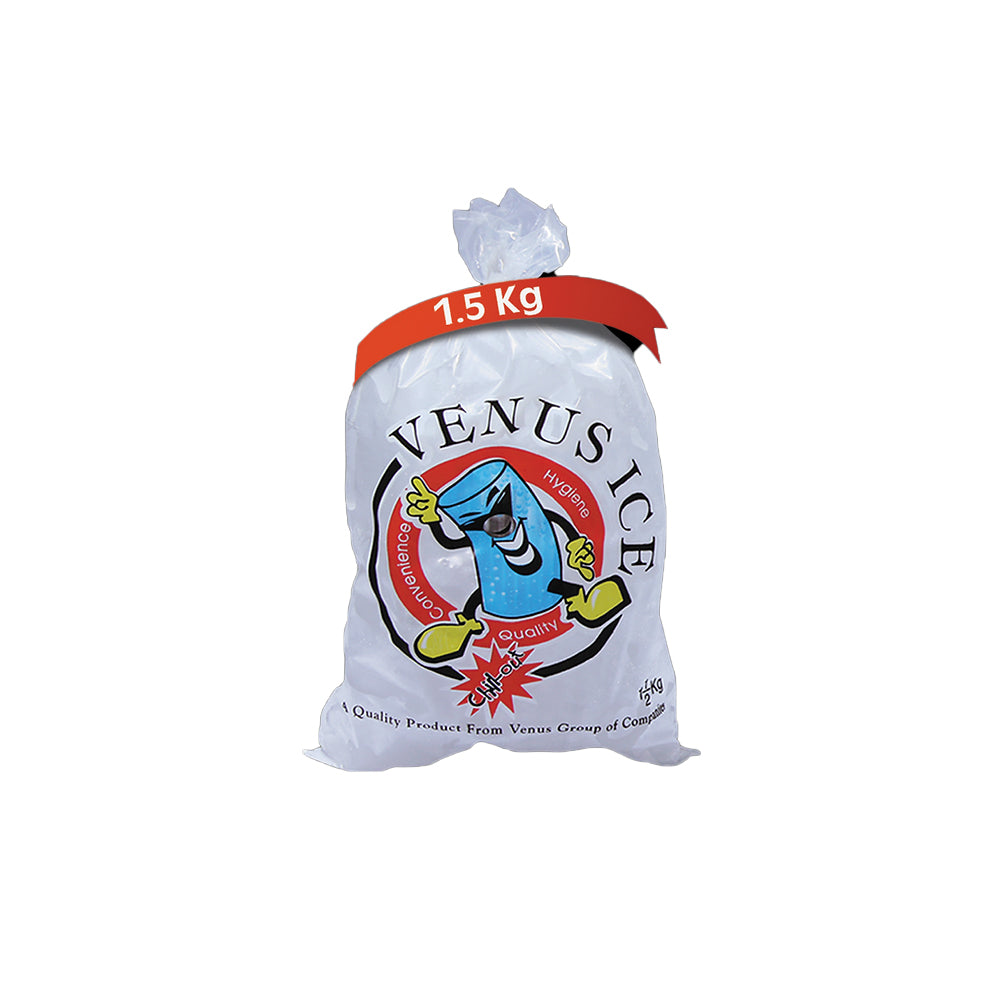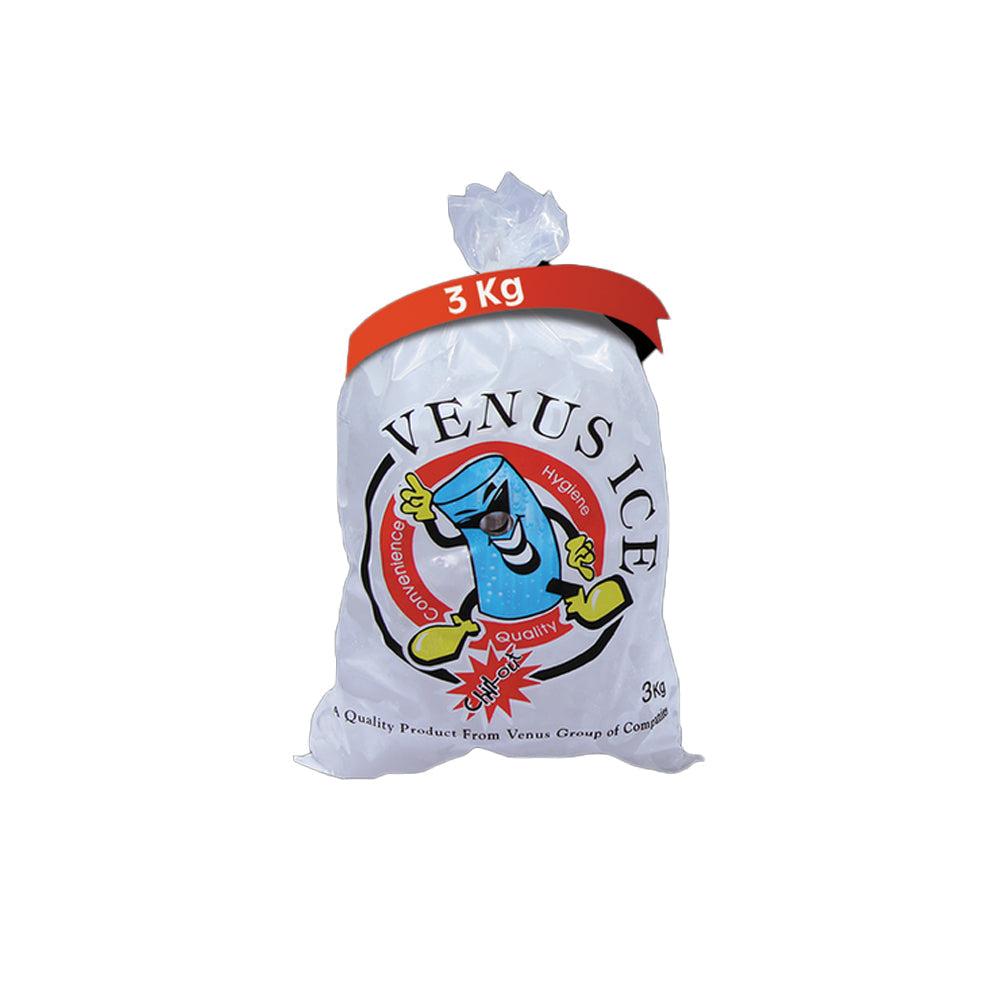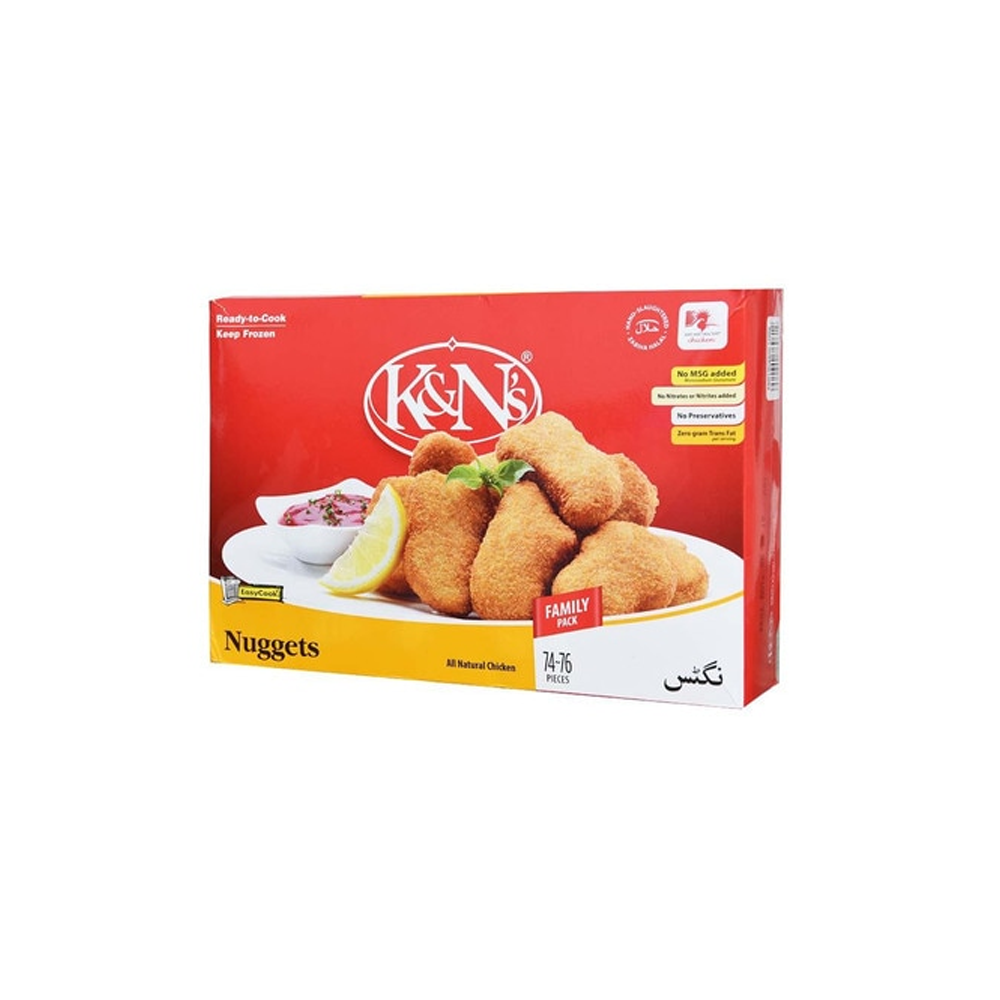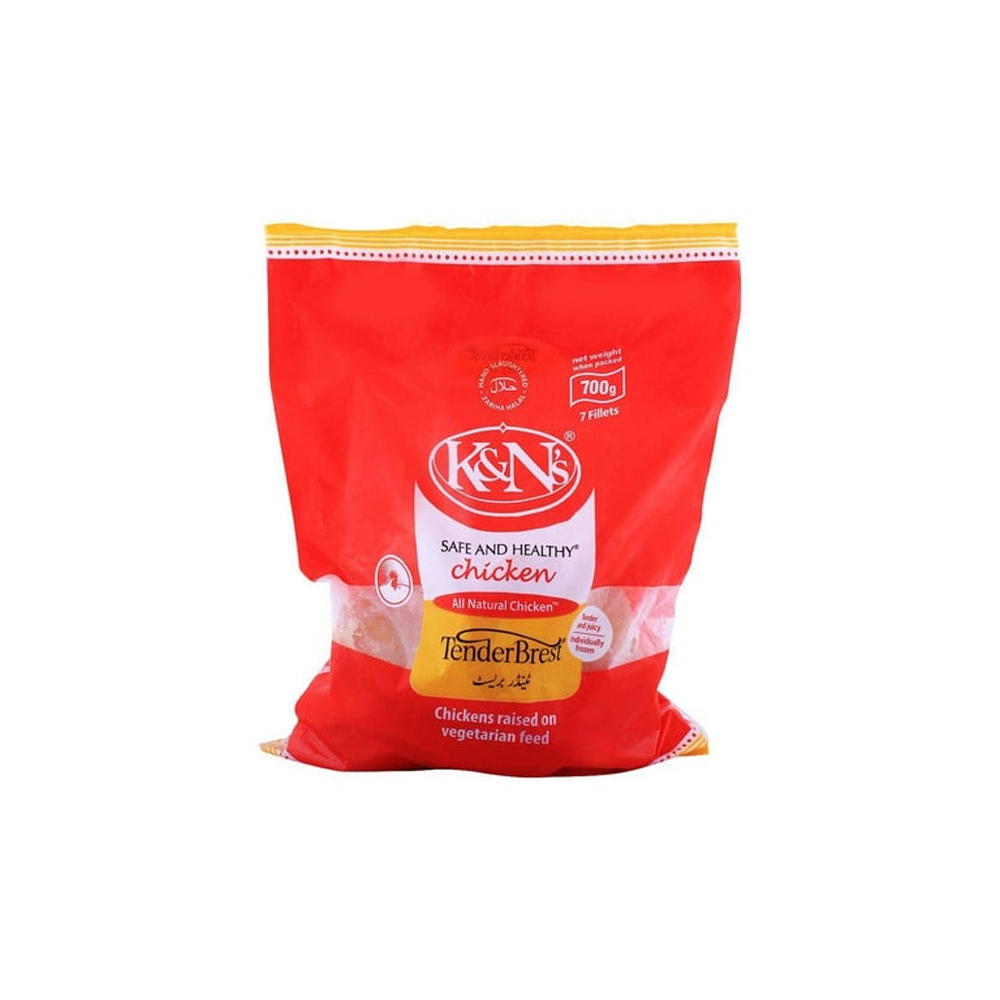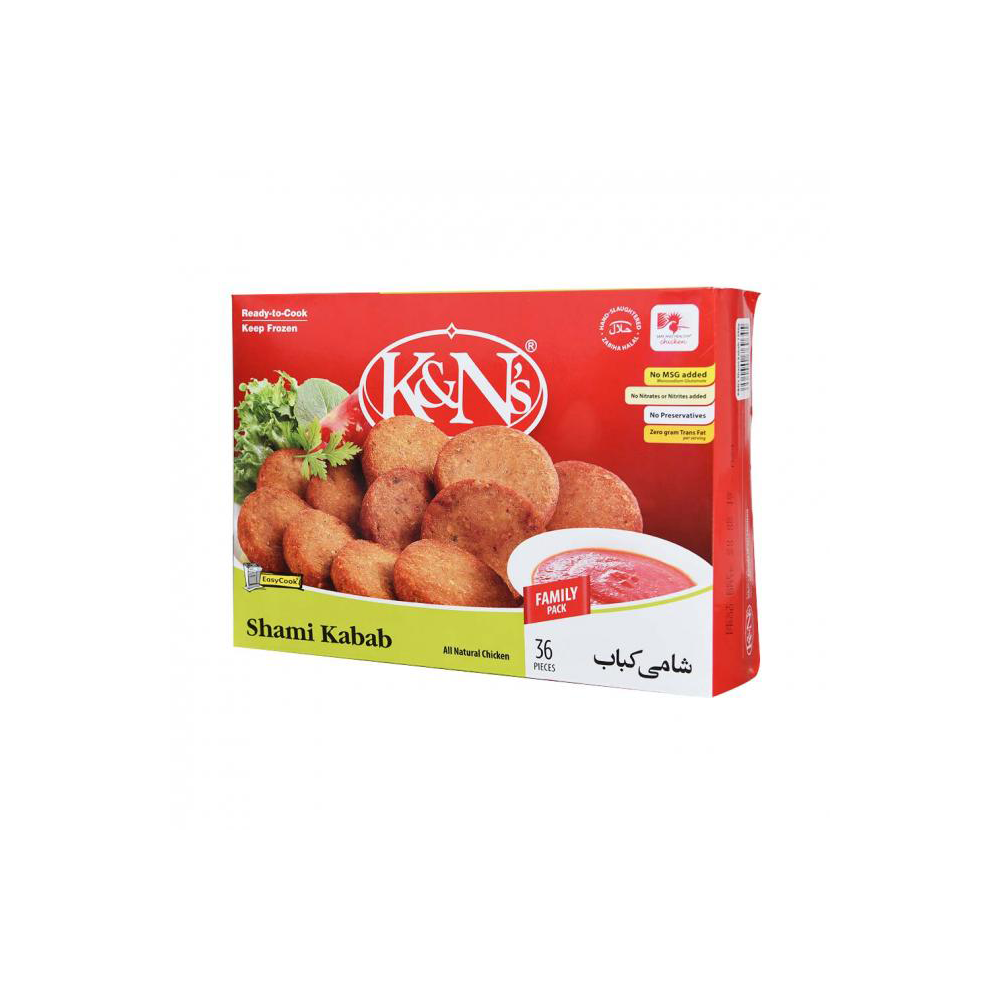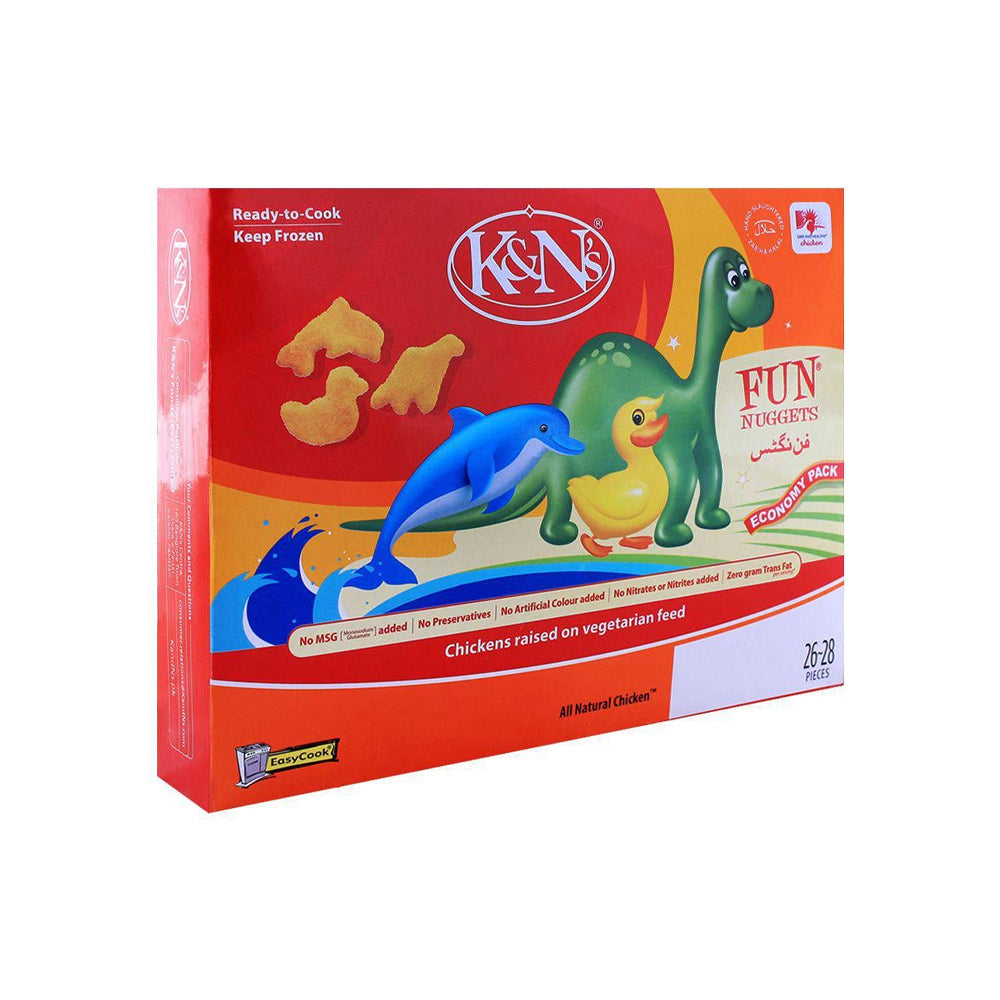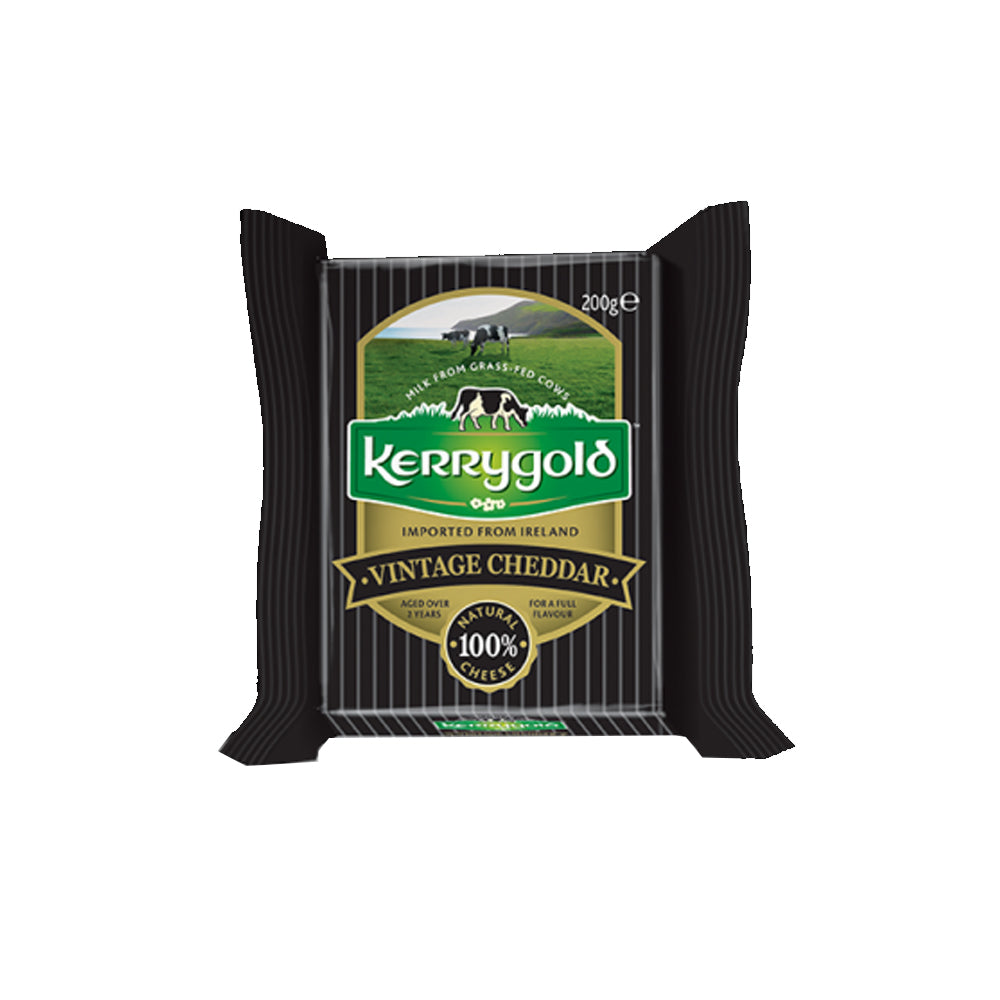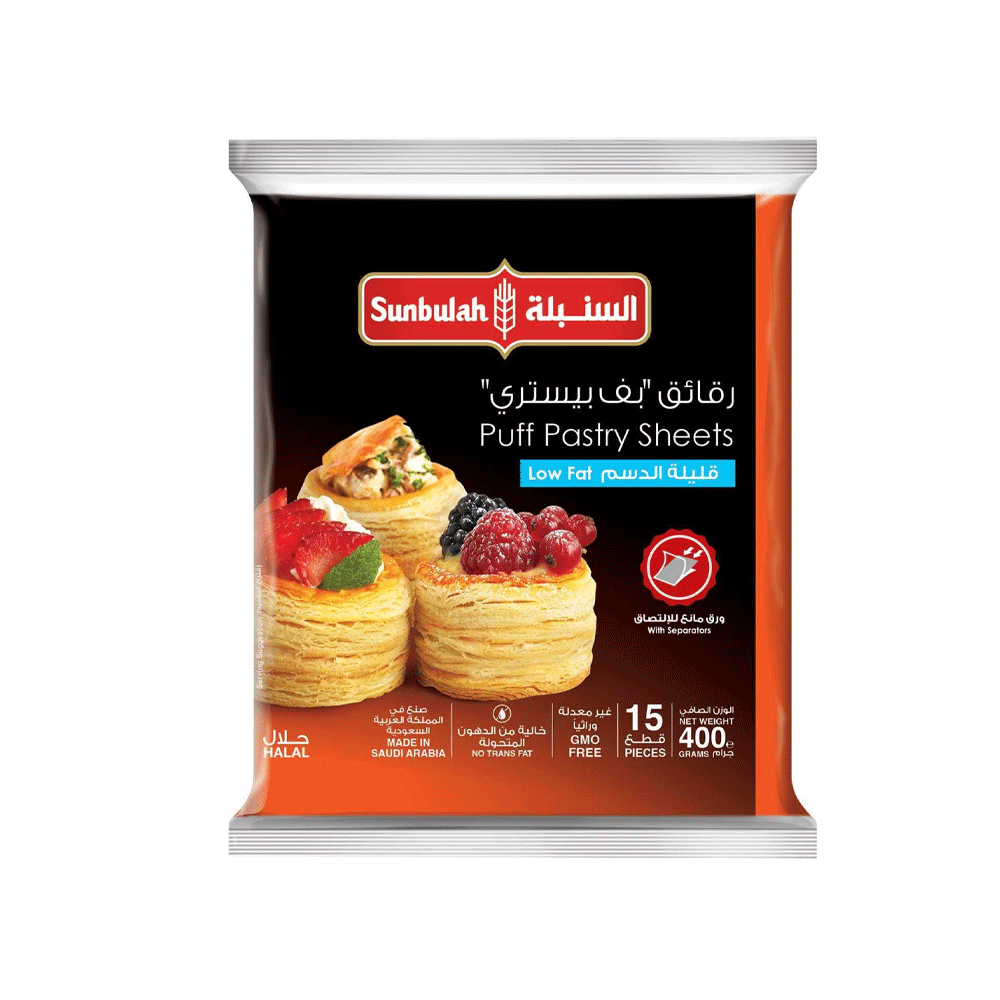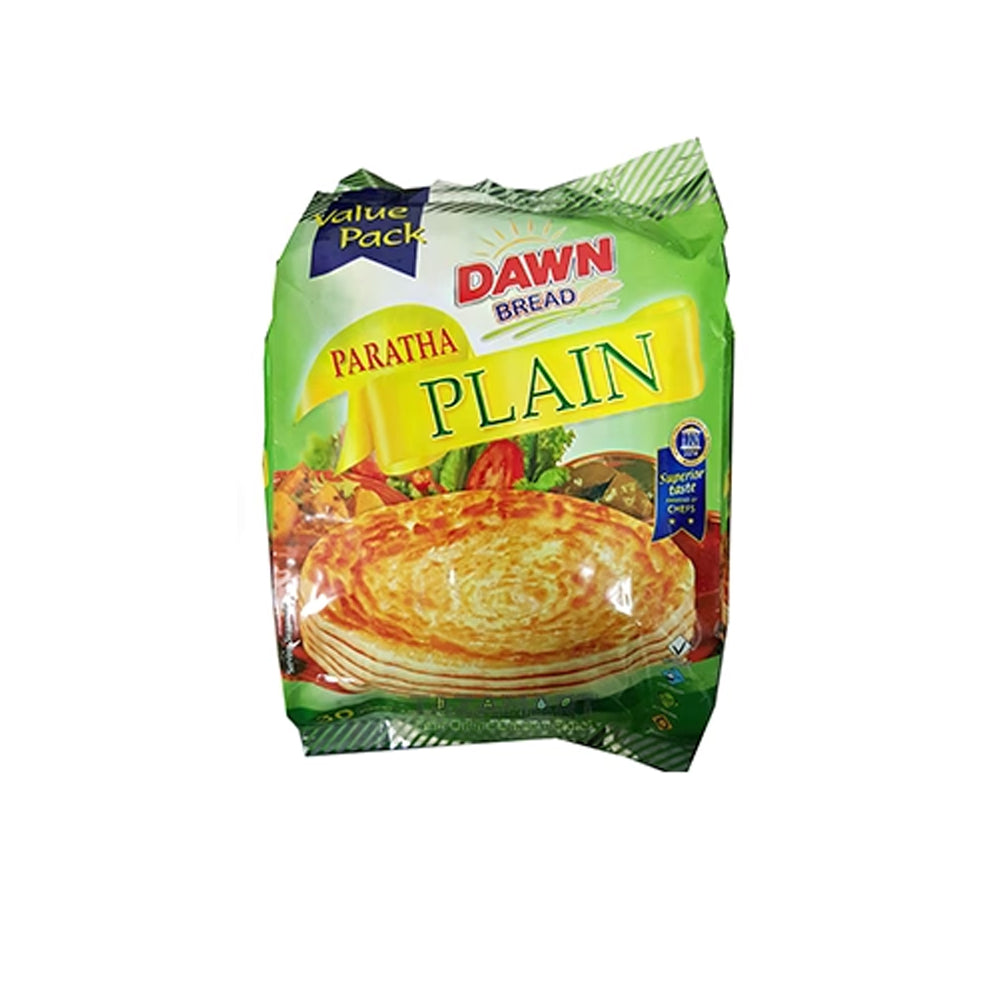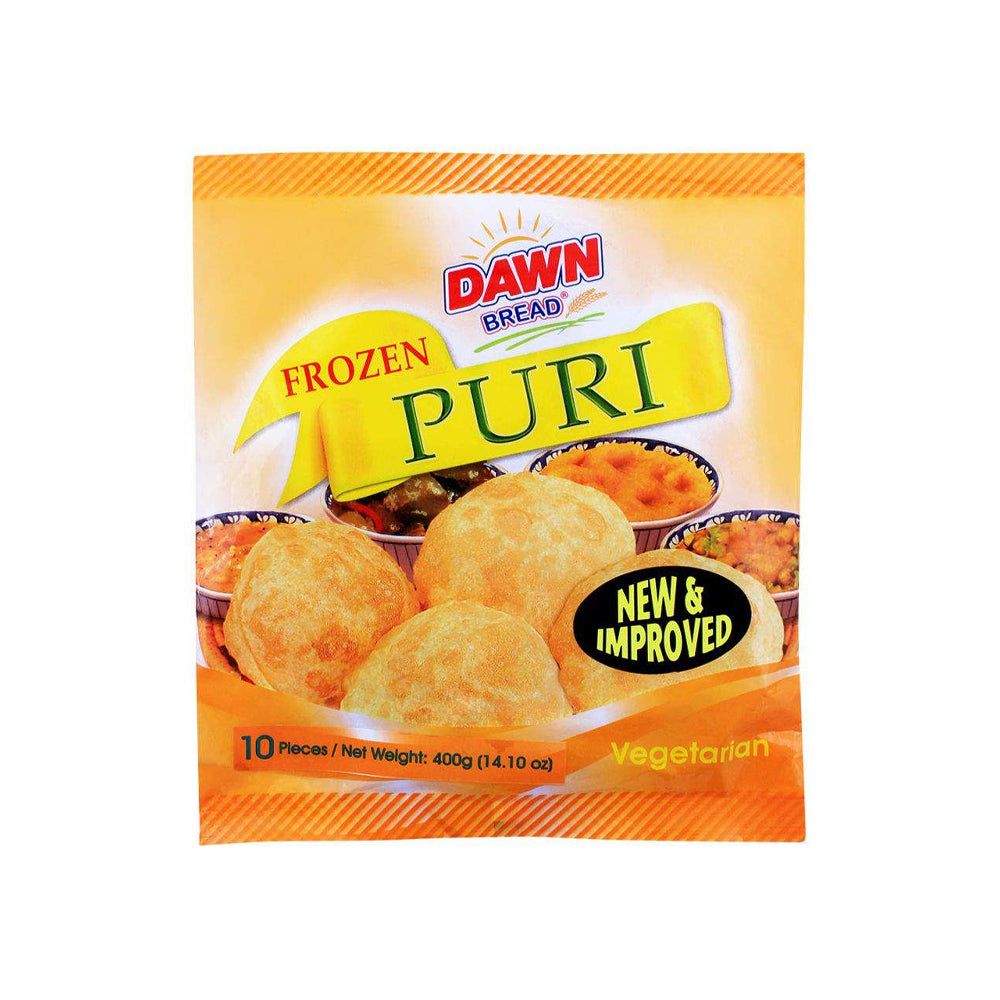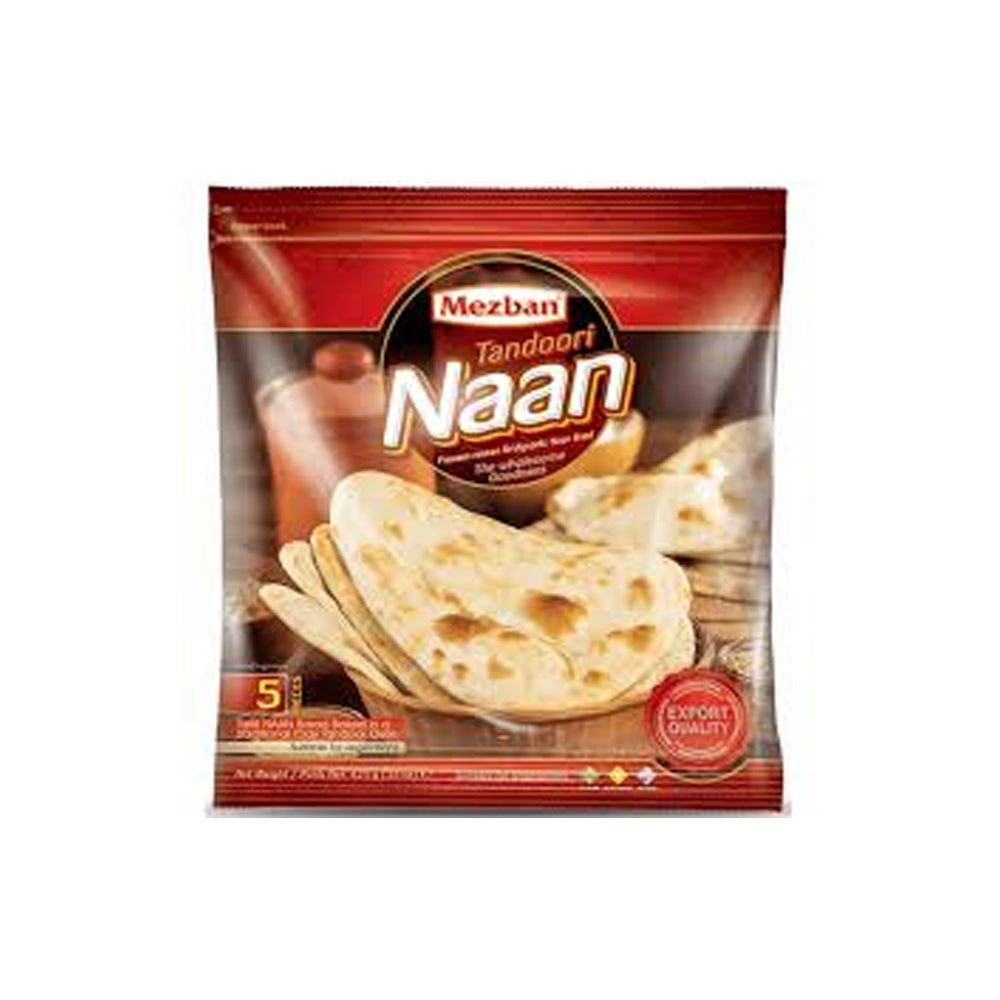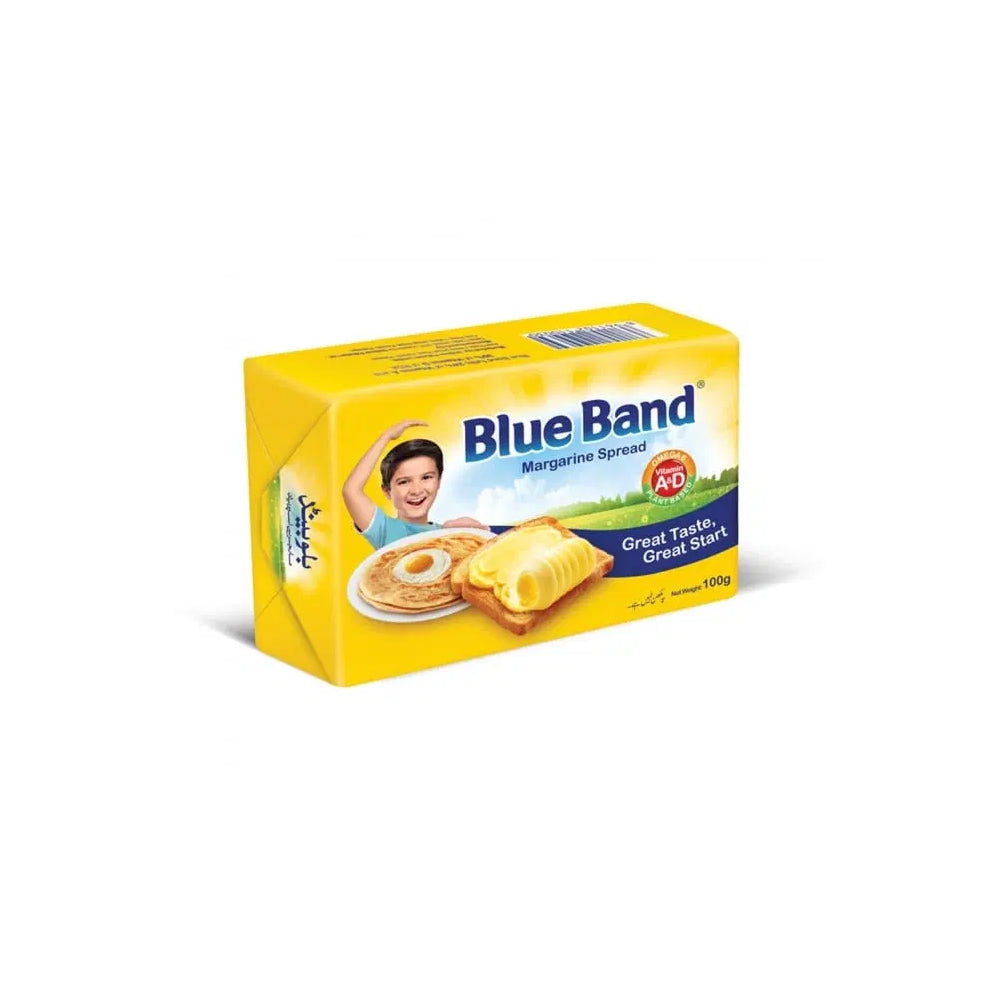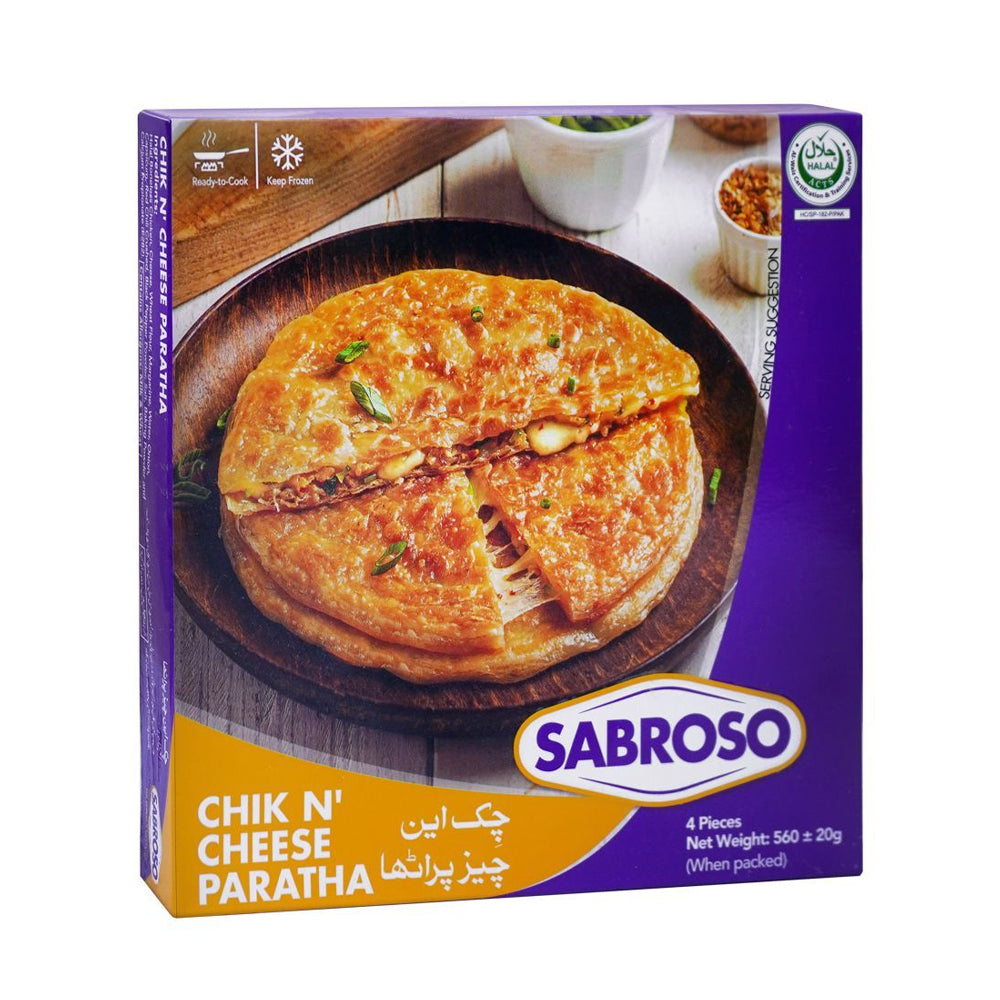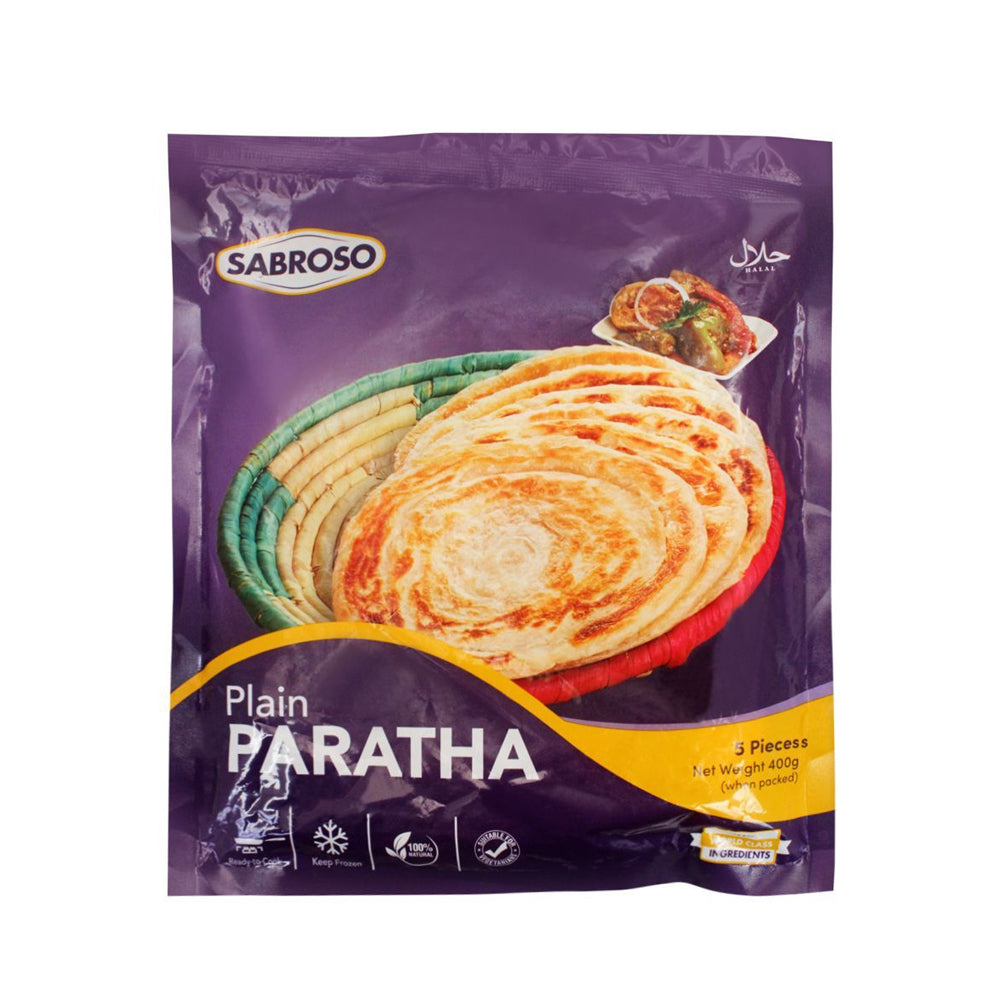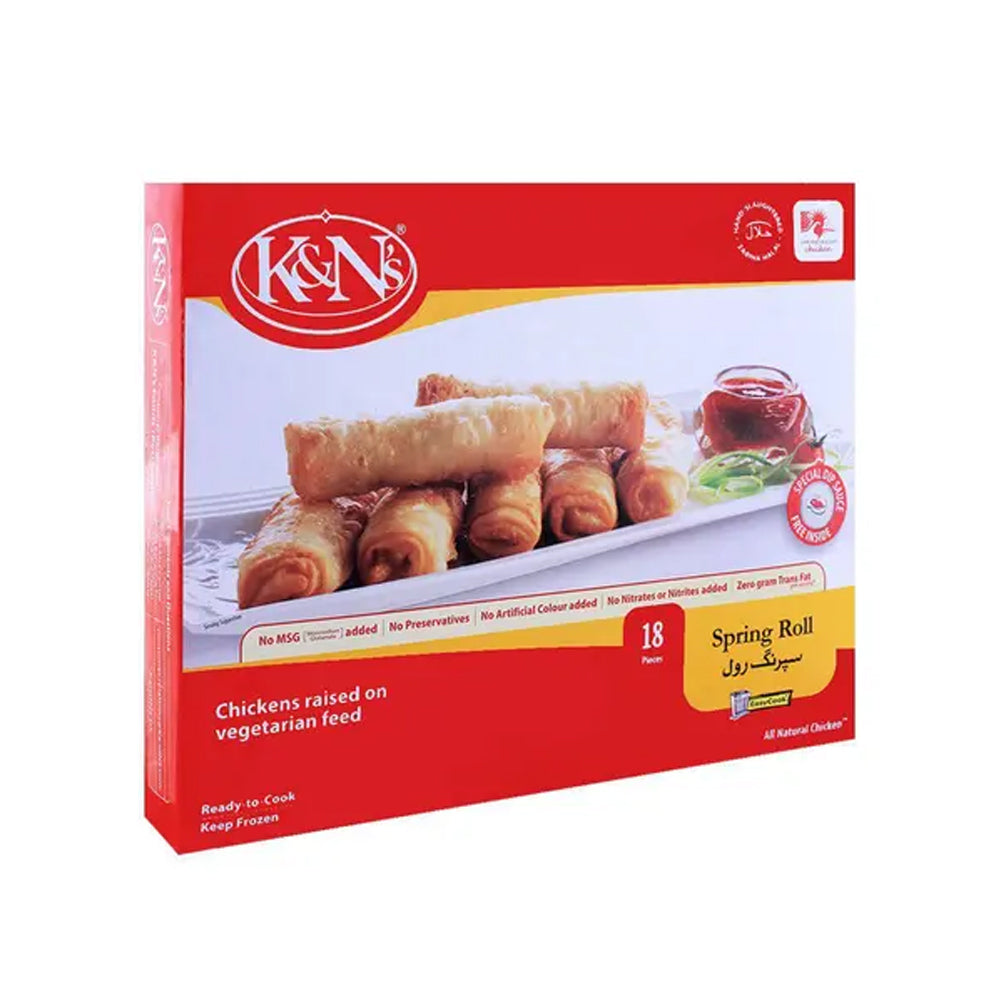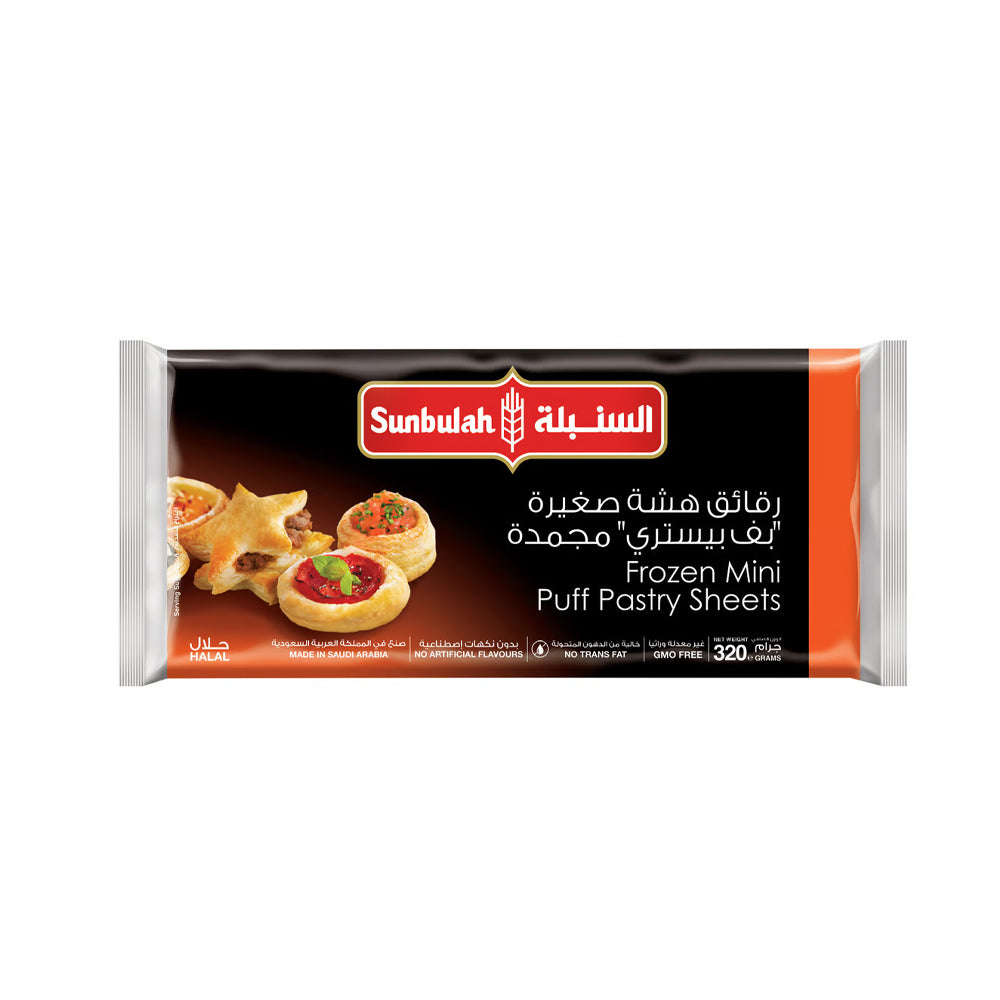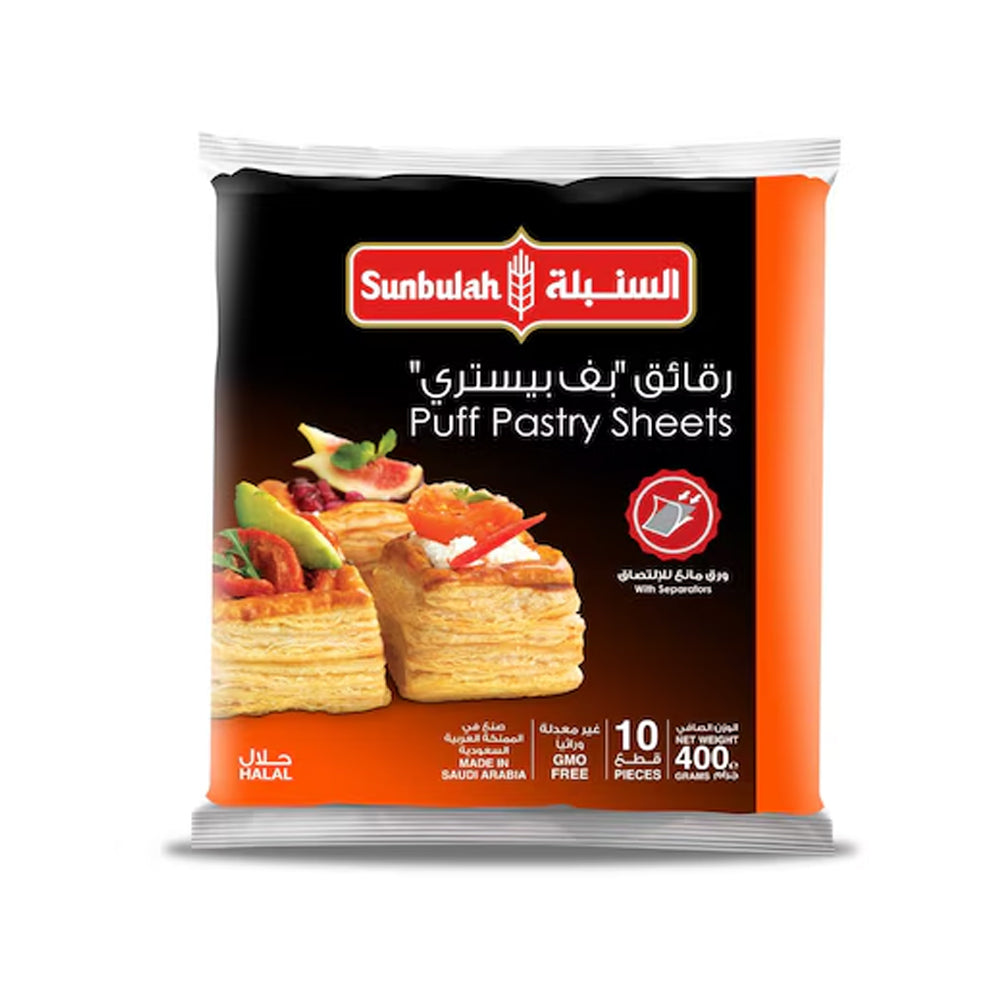Bread & Dough
Bread & Dough
Bread & Dough are fundamental components in the world of baking. Understanding the intricacies involved can transform your homemade bread and dough into bakery-quality creations. So, whether you’re an experienced baker or a beginner, mastering the basics of bread and dough is essential.
Firstly, let's delve into the types of bread you can make. From simple white loaves to complex sourdoughs, the variety is vast. White bread is typically made from all-purpose flour, water, yeast, and salt. The simplicity of its ingredients makes it a perfect beginner's bread. On the other hand, sourdough requires a bit more patience and skill, as it involves creating and maintaining a starter made of flour and water that ferments over time. This fermentation process gives sourdough its signature tangy flavor and chewy texture.
Next, we will talk about dough preparation. The quality of dough largely determines the final product. It’s crucial to understand the science behind dough development. The fundamental steps include mixing, kneading, proofing, and baking. Kneading is particularly important as it develops gluten, giving the dough elasticity and strength. Proper proofing, where the dough is allowed to rise, is also key; this is when yeast ferments the sugars in the flour, producing gases that make the dough rise and create airy, light bread.
Moreover, hydration and temperature control are vital in the bread-making process. The amount of water in your dough affects its handling, texture, and taste. Too little water can result in a dense loaf, while too much can make the dough overly sticky and difficult to work with. The temperature at which you proof your dough also impacts the yeast's activity. A warm environment accelerates the fermentation, while a cooler one slows it down, allowing more flavor to develop.
Finally, let's discuss some common issues and solutions in bread and dough making. If your bread is too dense, it might be due to under-kneading or not proofing long enough. If it has large air pockets, it could be over-proofed. Achieving the right balance requires patience and practice, but the rewards are worth the effort.

